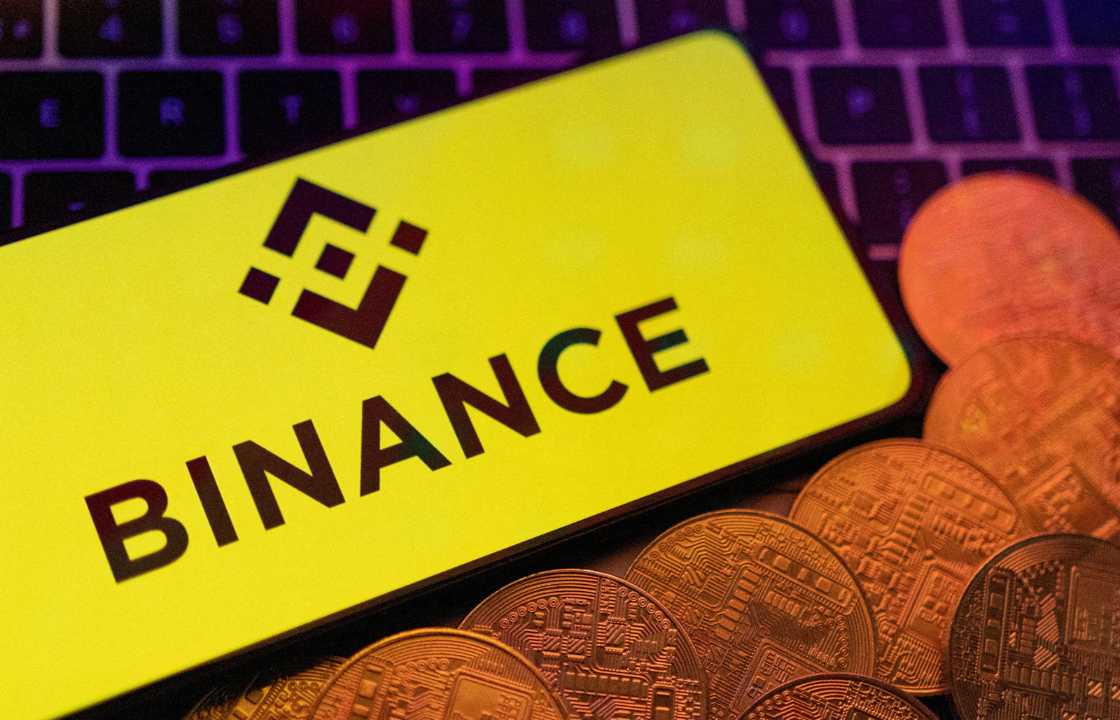Binance is contemplating a return to the Indian market following the payment of a $2 million fine to local authorities, as per a report by The Economic Times released today. The cryptocurrency platform was expelled from the nation in January for non-compliance with domestic regulations.
This development comes shortly after KuCoin, a cryptocurrency exchange based in Seychelles, declared its adherence to Indian laws. Binance, KuCoin, and seven other international cryptocurrency exchanges faced restrictions from India’s Financial Intelligence Unit for breaching anti-money laundering statutes.
In compliance with the directive from Indian regulators, the mobile applications of these exchanges were delisted from Google’s Play Store and Apple’s App Store, with their website domains blocked within the country.
While there has been no official verification, the local report referenced two undisclosed sources detailing the exchange’s potential re-entry into the Indian market.
“It is regrettable that it took Binance more than two years to acknowledge that there is no space for negotiations, and no global giant should expect preferential treatment, particularly if it jeopardizes the country’s financial system,” one of the undisclosed sources conveyed to the publication.
Binance’s Strategy for India
Binance stands as the leading global cryptocurrency exchange in terms of asset reserves and trading volume. It previously held a dominant position in the Indian market. Despite the presence of several local crypto exchanges in India, Binance enjoyed a competitive edge due to its extensive liquidity pool.
India, with a population exceeding 1.4 billion, harbors over 19 million cryptocurrency investors, with nearly nine percent being women, as per a report from local exchange CoinSwitch. Moreover, approximately 75 percent of cryptocurrency investors in India fall within the 18 to 35 age bracket.
Despite the burgeoning interest in cryptocurrencies, the Indian government maintains a cautious stance towards digital assets. Presently, all crypto exchanges must levy a 1 percent tax at the source for every executed crypto transaction. OKX, which was not included in the list of banned entities by Indian authorities, also departed from the Indian market earlier this year, citing stringent local regulations.

